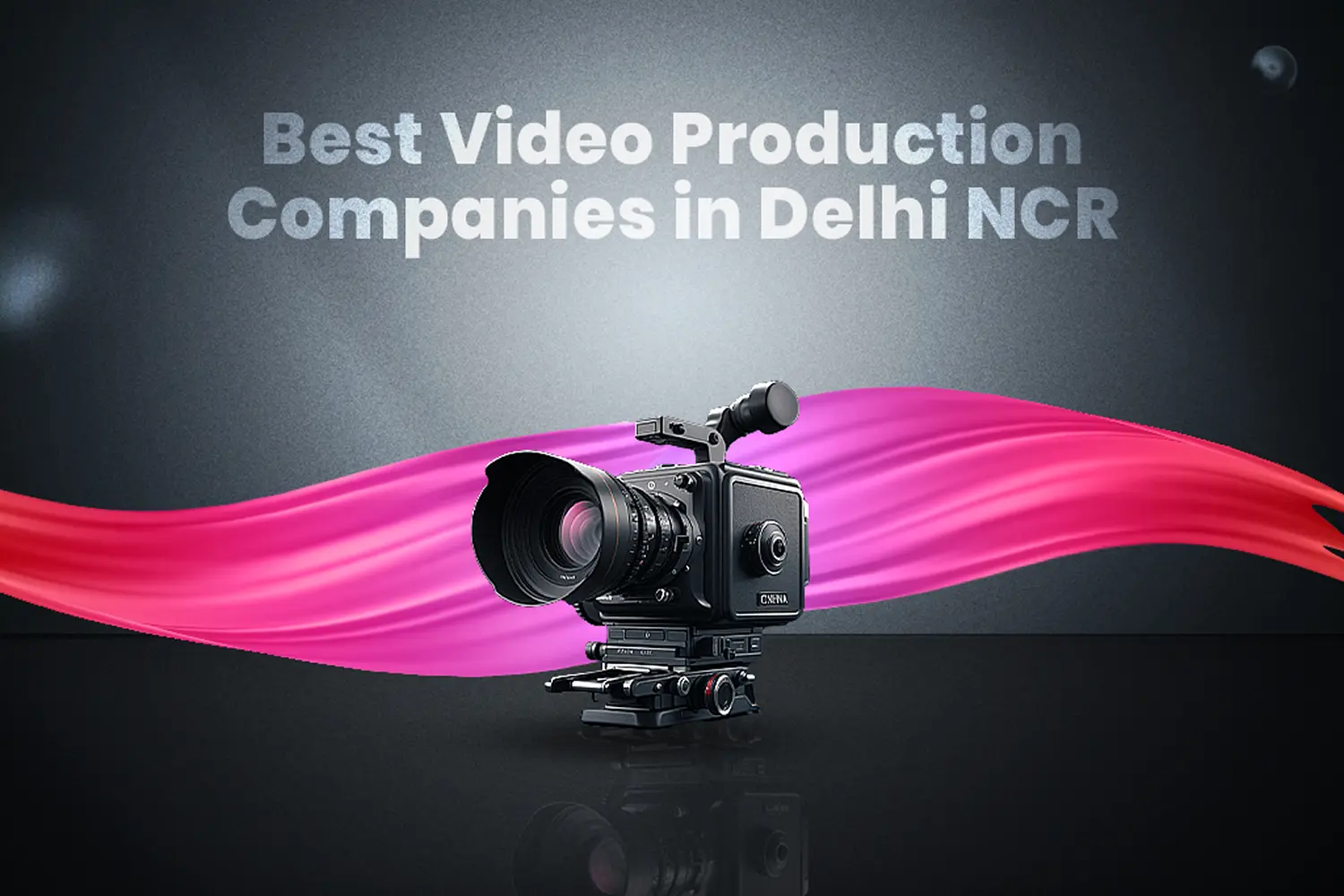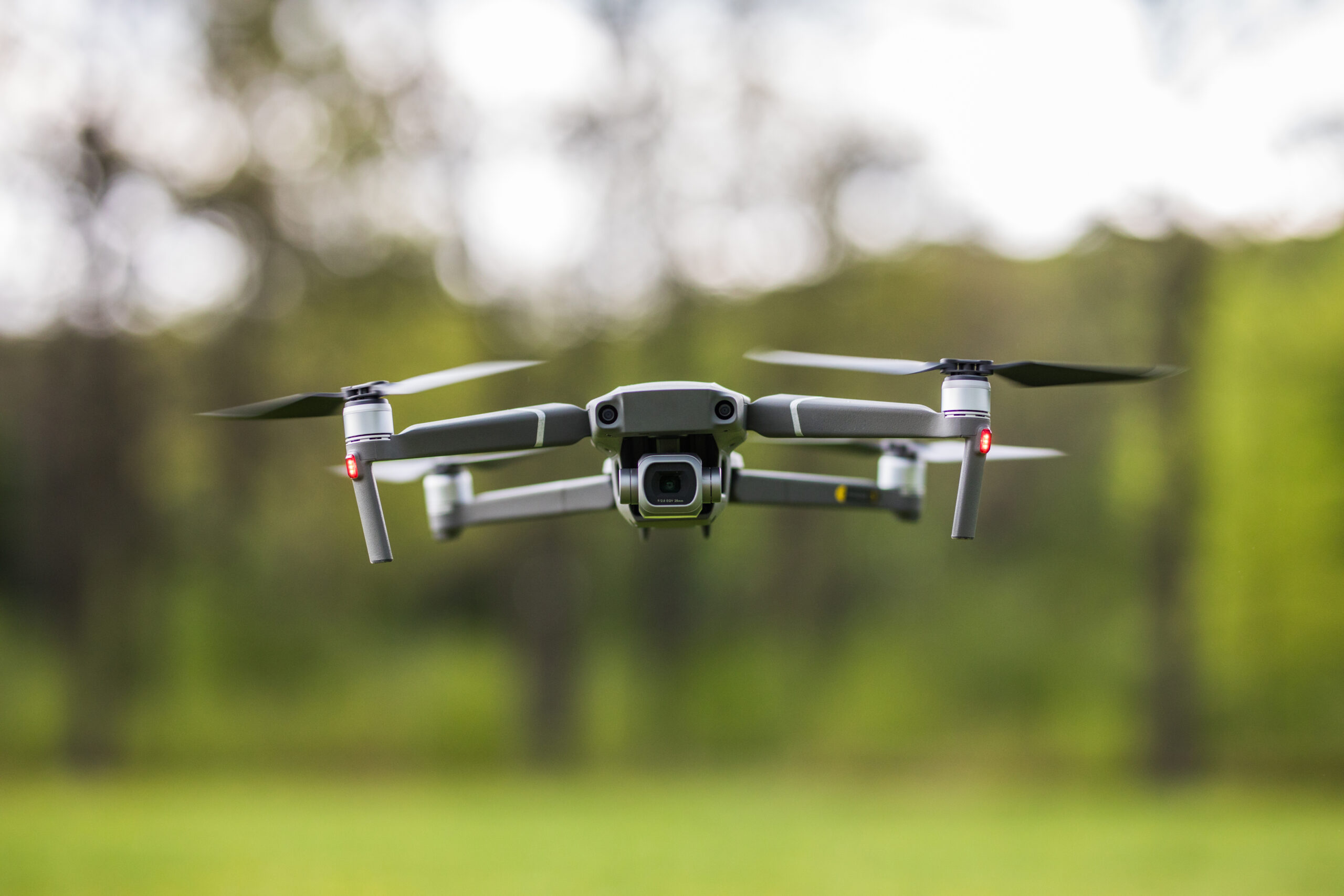In recent years, technology has made huge advances, and one of the most talked-about trends is artificial intelligence (AI). Many industries are seeing changes due to AI, and video production is no exception. But what does this mean for the future of video creation? Let’s explore how AI is making an impact on video production and whether it’s going to change the industry permanently.
How AI Is Already Being Used in Video Production
AI has already started to find its place in video production. From editing to generating content, AI tools are becoming more common and accessible. Here are a few ways AI is currently being used:
- Automated Video Editing : AI-powered tools can automatically edit videos based on preset patterns and rules. They can cut scenes, adjust brightness, add filters, and more. This saves editors a lot of time, especially for simpler videos like event highlights or social media content.
- Content Generation: AI tools are now able to create short video clips based on written text. For example, you input a script, and the AI generates visual content around it. Though it’s not yet advanced enough for complex storytelling, it’s useful for creating simple explainer videos or ads.
- AI-Assisted Animation: Creating animated videos traditionally takes a lot of time and effort. AI tools can now automate certain animation processes, making it easier and faster to produce animated content. This can reduce the cost and time needed for projects that involve animation.
- Improved Post-Production Workflows: In post-production, AI tools help with color correction, sound design, and visual effects. These tasks, which once required a lot of manual work, are now being streamlined with AI. This allows for more efficient workflows and quicker turnarounds.
The Benefits of AI in Video Production
The rise of AI in video production brings several benefits, particularly in terms of time and cost efficiency.
- Time Savings: AI can automate repetitive tasks like sorting footage, editing, or applying filters. This helps video producers focus more on the creative aspects of a project rather than spending hours on routine work.
- Cost Efficiency: By reducing the amount of time and manual work required, AI can lower the overall cost of video production. Small businesses and individuals, who may not have big budgets, can still produce high-quality content without breaking the bank.
- Accessibility: With AI tools becoming more user-friendly, even people without a background in video editing can create professional-looking videos. This is especially useful for content creators on platforms like YouTube or Instagram.
Will AI Replace Human Creativity?
A big question that comes up whenever AI is discussed is whether it will replace humans. In the case of video production, AI is not likely to replace human creativity anytime soon. Video production is a highly creative field that requires a human touch, especially when it comes to storytelling, understanding emotions, and crafting messages that resonate with the audience.
AI can handle repetitive and technical tasks, but it still lacks the ability to make creative decisions. For example, while AI can cut a scene based on technical rules, it doesn’t understand the emotional context behind a story. Only humans can bring a deep understanding of culture, emotions, and personal experiences into the storytelling process.
The Future of AI in Video Production
Looking ahead, AI is likely to become a key tool in video production, but not the driving force behind it. As AI technology improves, it will continue to take on more technical tasks and make workflows even more efficient. However, human creativity will remain at the heart of video production.
Some areas where AI might make more of an impact in the future include:
- Personalized Video Content: AI could help create personalized videos for individuals, such as marketing messages tailored to specific viewers. This could help businesses engage with their audience on a deeper level.
- Real-Time Editing and Filming: In the future, AI could assist with real-time video editing during live events, making it possible to produce high-quality content almost instantly.
- Virtual Production: AI could also play a bigger role in virtual production, where environments are created digitally. This is already being used in major films, but as AI tools become more advanced, they could become accessible to smaller productions as well.
Challenges and Concerns
Despite its benefits, there are also some concerns about the growing role of AI in video production. One issue is that the widespread use of AI could lead to a loss of jobs, particularly for editors, animators, and other technical roles. While AI can handle routine tasks, it may reduce the demand for entry-level positions in these areas.
Another concern is the quality of AI-generated content. While AI is improving, it still has limitations, particularly when it comes to complex editing or storytelling. There’s also the risk of creating content that lacks a personal or emotional touch, as AI may struggle to understand the subtleties of human expression.
Finally, there are ethical concerns around AI-generated content. As AI becomes more capable of creating realistic videos, there’s the potential for misuse, such as deepfake videos or misleading content. This raises questions about the responsibility of video producers and the need for regulations around AI-generated media.
Conclusion
AI is certainly making waves in the video production industry, and it’s likely here to stay. However, while AI will continue to change certain aspects of the video creation process, it’s not going to replace human creativity or intuition. Instead, AI will work alongside humans, helping to streamline workflows, reduce costs, and make video production more accessible.
The future of video production will be shaped by both AI and human collaboration. By embracing the advantages of AI while keeping creativity at the forefront, video producers can continue to create meaningful and engaging content. So, while AI may change the way videos are made, it won’t change the heart of the industry itself.



One Response
Pretty! This was an incredibly wonderful post. Thank you for providing these details.